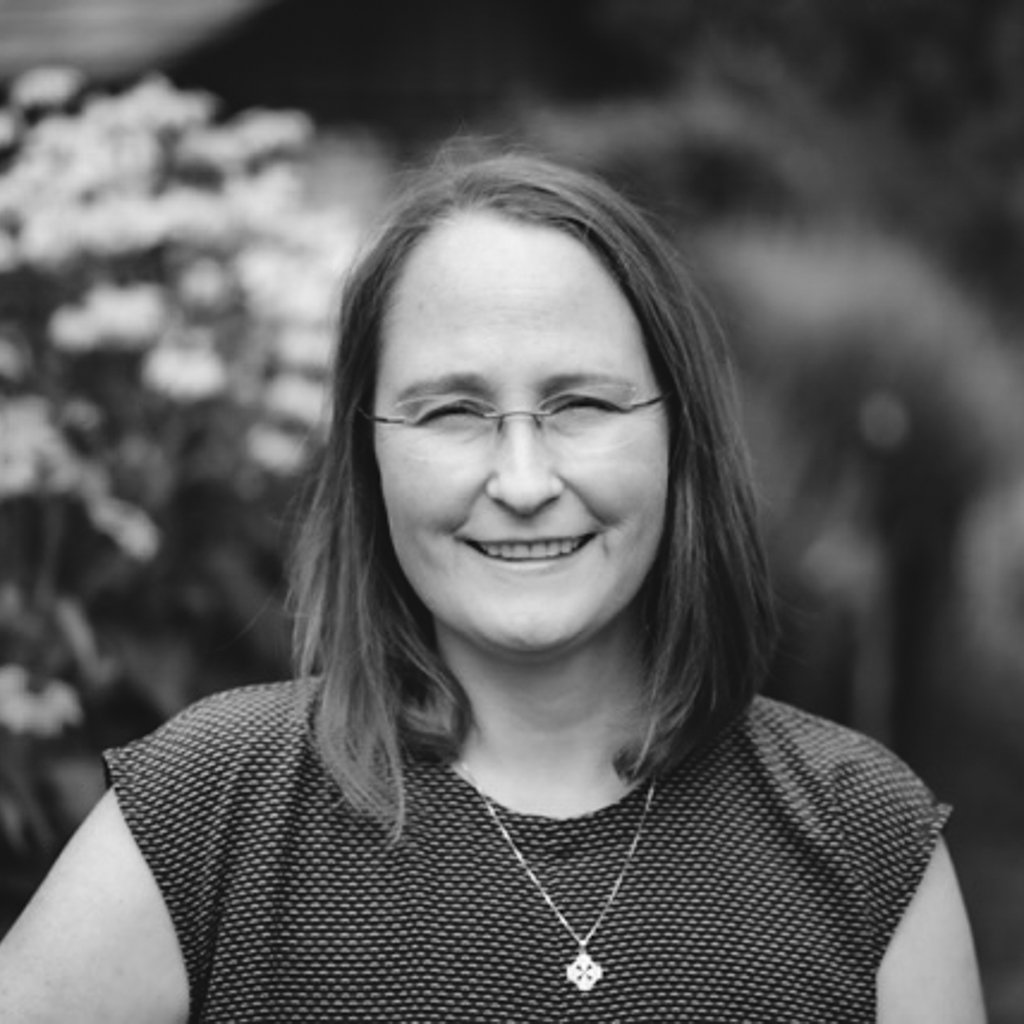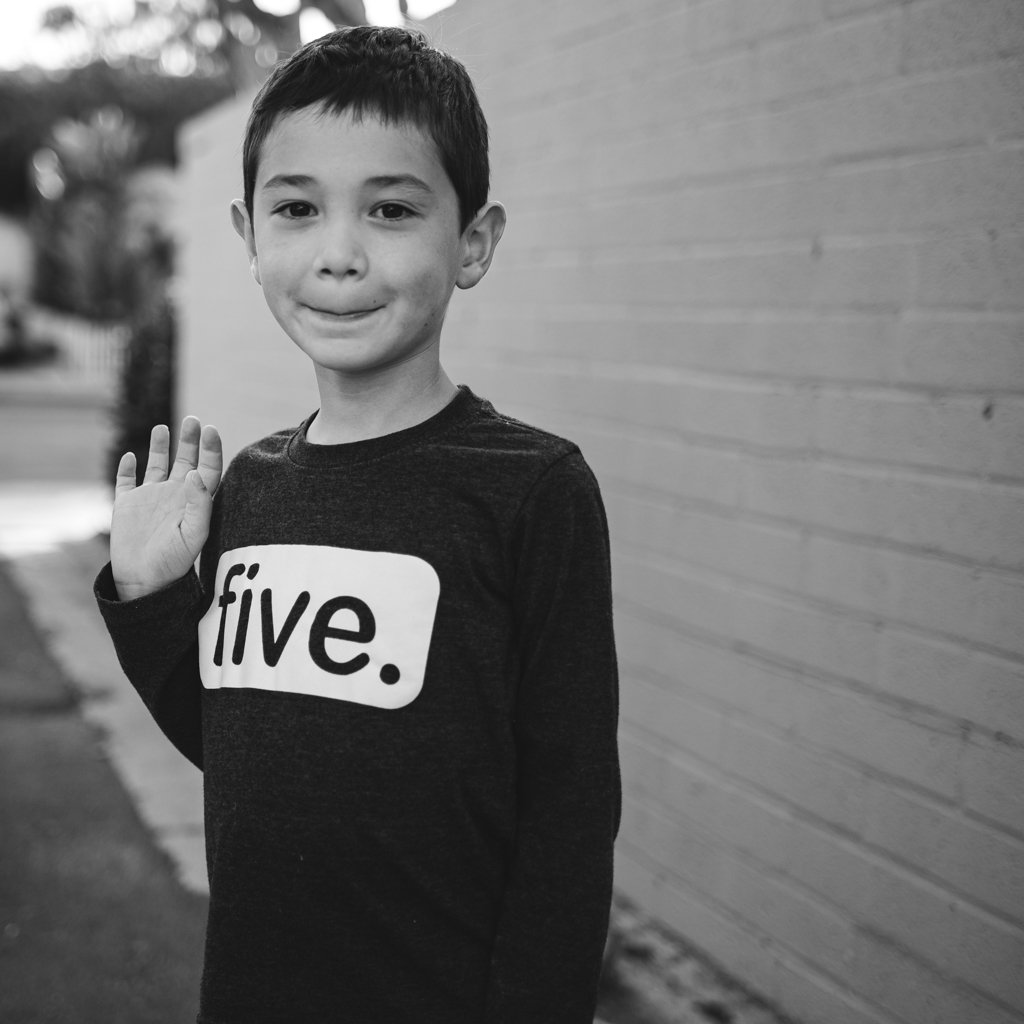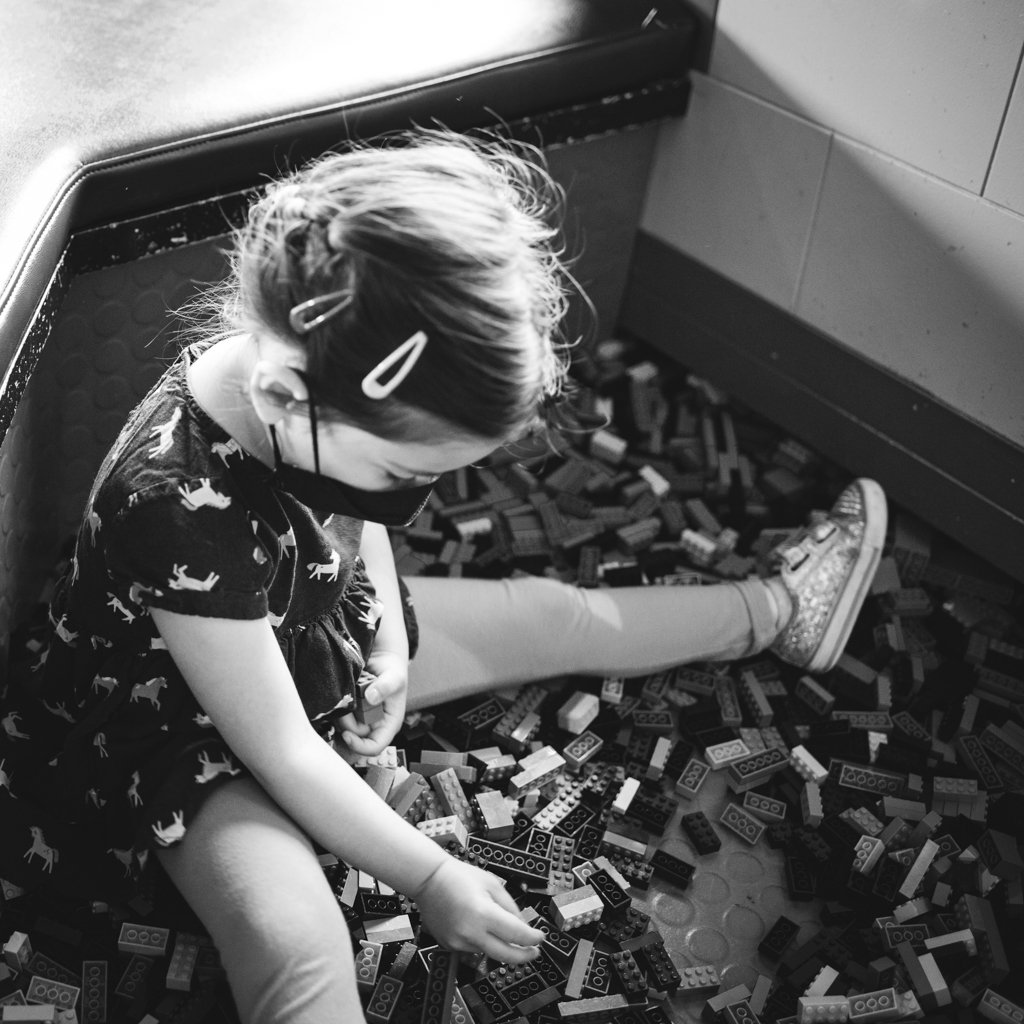
In this second episode of our "Welcome Your Life" series, we look at a vital, but often neglected, aspect of a healthy spirituality - wonder. As adults we tend to lose that unfiltered amazement of the world we had as children. Our agendas take over instead because we think wonder is a luxury we can no longer afford. But could it be that what we seem to have lost in our adult lives has never left us? And that recapturing wonder can reconnect us with what's always been most essential to us?
We'll visit with Lacy Finn Borgo and Steph Cheung to help us see why we've lost wonder and how to recover it.
Lacy is the author of Spiritual Conversations with Children and has other books in print and on the way related to spirituality and children. Find out more about her work at Good Dirt Ministries. Steph is on staff with InterVarsity and has come up with a truly unique way to incorporate play and wonder into her sabbatical time away from work.
Intro (0:00)
Act 1 | Kids Have Experiences (1:57)
Act 2 | Play (17:54)
Act 3 | Legos (32:16)
Coda | A Grove of Aspens (50:51)
Credits (53:04)
Music by Blue Dot Sessions.




Resurrect Your Inner Child
Your inner child is you but is more than simply your playful side or collection of childhood memories. Recovering this raw, unfiltered contact with the energy of life you once had is the key to unlocking greater self-understanding and God-awareness.
Guided Meditation
In this meditation, you’ll be invited to meet your inner child. Getting in touch with them can be a way to heal old wounds that limit your sense of self worth and can also be a way to bring creativity, compassion and imagination back into your adult life. But this experience, while freeing, can also bring up pain points from your childhood. Be gentle with yourself. If you feel triggered at any time during the meditation, please consider pausing or stopping altogether. Return only when you feel ready.
Spiritual Exercise
This spiritual exercise gives you some ideas on how to practice “play” as a way to free up the creative, imaginative and spontaneous parts of ourselves that get ignored in adult life. Part of the exercise is letting go of the performative and competitive ways we tend to approach play to simply enjoy the moment. Could wonder and joy surface instead?
